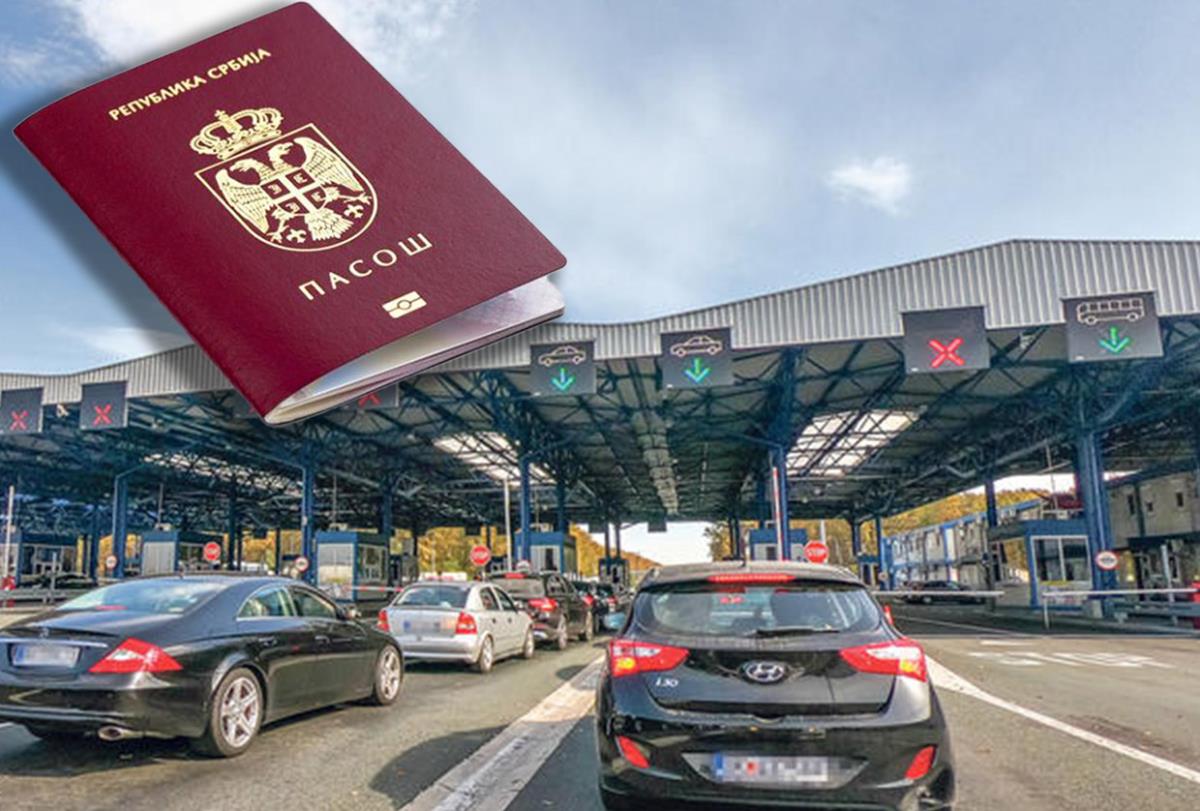Serbia has introduced a new electronic visa (e-visa) system that enables faster and simpler procedures for obtaining tourist and work visas for foreign nationals from 46 countries. Through the portal welcometoserbia.gov.rs, applicants can electronically submit the required data and documents, eliminating the need for personal visits to diplomatic-consular offices and waiting for a paper visa. Mihailo Jovanović, Director of the Office for Information Technology and Electronic Administration, emphasizes that this system will contribute to tourism development and facilitate the issuance of work visas. Additionally, Serbia has made a significant step in healthcare digitalization by introducing electronic sick leave and plans to implement electronic health records, improving efficiency and reducing abuse. These innovations are part of a broader strategy of digitalization and modernization of administrative services in the country.
Political Perspectives:
Left: Left-leaning sources emphasize the positive social impact of the e-visa system, highlighting increased accessibility for travelers and workers, and the benefits of digitalization in reducing bureaucracy and corruption. They also focus on the healthcare digitalization as a step towards better public services and social welfare.
Center: Centrist sources report the introduction of the e-visa system as a practical modernization effort aimed at boosting tourism and economic growth. They present the digitalization of visa issuance and healthcare services as efficient administrative improvements without strong political framing.
Right: Right-leaning sources highlight the e-visa system as a means to strengthen national sovereignty by controlling immigration more effectively and promoting Serbia as a competitive destination for business and tourism. They may also emphasize the government’s role in modernizing state services and improving national security through digital tools.
















